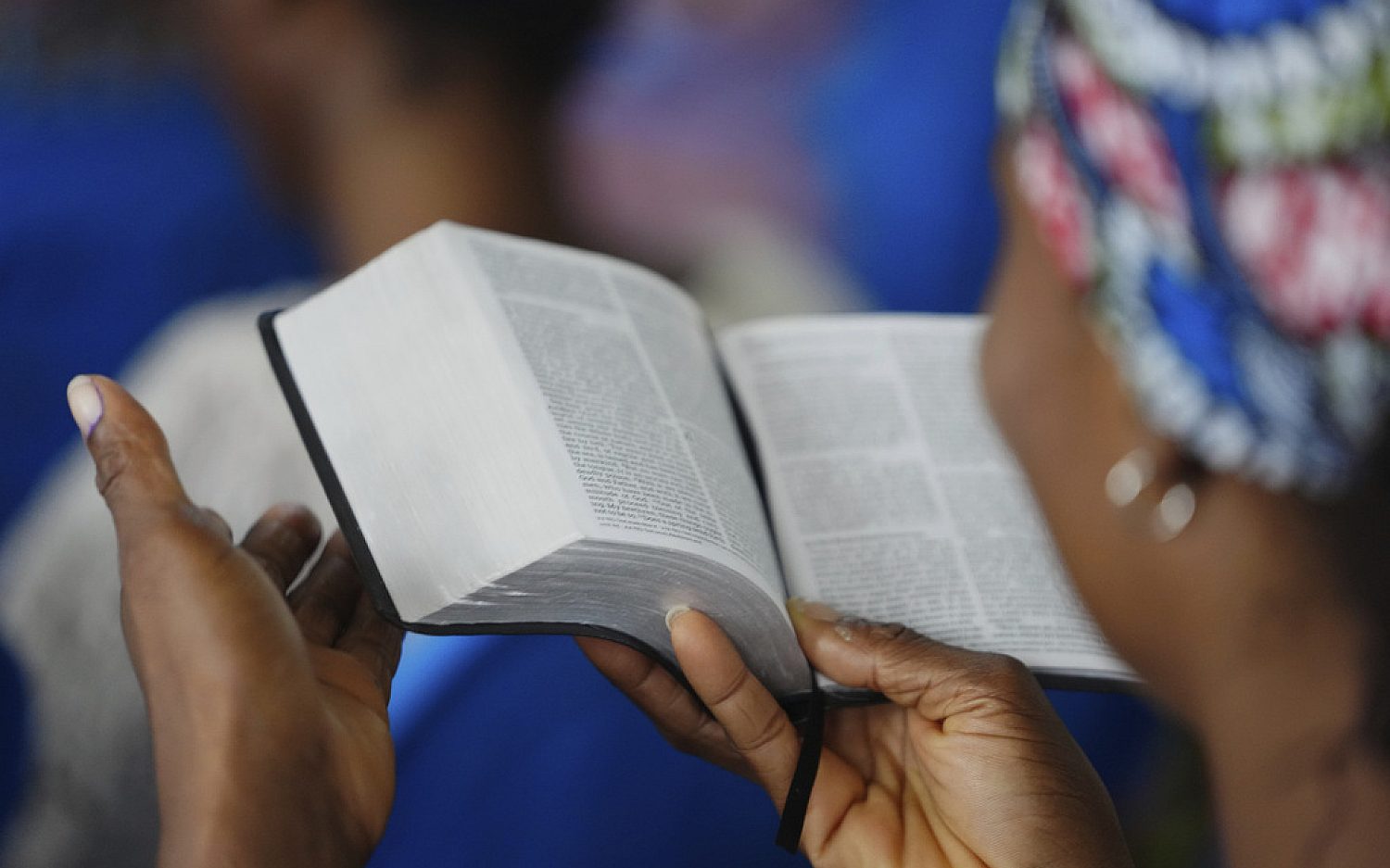The age of in vitro
A unanimous high court says children conceived after a parent's death cannot receive benefits
WASHINGTON-On Monday the Supreme Court unanimously decided that children conceived through in vitro fertilization after their father's death could not count as his children for the purpose of receiving his Social Security benefits. The court said the Social Security benefits are designed only for those who were dependents during the parent's lifetime. (Download a PDF of the opinion.)
The case involved complex questions of who counts as a child for legal purposes in an age of donor eggs and sperm and artificial insemination (see "Postmortem conception," March 20). Justice Sonia Sotomayor wondered in the oral arguments in March whether any children of a sperm donor would qualify for his benefits.
"The technology that made the twins' conception and birth possible, it is safe to say, was not contemplated by Congress when the relevant provisions of the Social Security Act originated (1939) or were amended to read as they now do (1965)," wrote Justice Ruth Bader Ginsburg in the court's opinion. She added that the decision by the Social Security Administration (SSA) to deny benefits to the children conceived postmortem was "reasonable," but that it might not be the only reasonable interpretation of the law. The court didn't have enough ground to reverse the SSA's decision, Ginsburg wrote, so the justices had to defer to the SSA's reasonable interpretation of the law.
Most pro-life groups didn't get involved in this case, but the Life Legal Defense Foundation filed an amicus brief on the side of the mother. Concerned Women for America also sided with the mother, saying that it was important that courts recognize all biological children as children for legal purposes, regardless of how they were conceived.
"Lost in the court's legal theories in this case is the very plain fact that two children are being denied the help they need just because their father died before he could meet them," stated Mario Diaz, legal counsel for Concerned Women for America, on Monday. "The court's reasoning, that the Social Security Administration's denial 'is at least a permissible construction entitled to deference' is as weak as they come. Congress should move swiftly to correct this tragedy, ensuring all children are accorded the dignity they deserve."
The case began when the SSA denied survivor benefits to twins who were conceived after their biological father died of cancer. Their father had frozen his sperm before his cancer treatments, and the mother conceived the twins through in vitro fertilization a year after her husband died. A lower court sided with the SSA's decision to deny the twins benefits, but then the 3rd U.S. Circuit Court of Appeals sided with the mother.
The details were especially complicated because of the interaction of state and federal laws of who counts as a child. For one thing, the lawyers for the mother argued that because the parents were married the case that the twins should receive the father's benefits was stronger. But the twins were conceived in Florida, where marriage is ended upon the death of a spouse, so they are technically not "marital children." And under Florida inheritance law, only children conceived during the parent's lifetime can receive his benefits.
An actual newsletter worth subscribing to instead of just a collection of links. —Adam
Sign up to receive The Sift email newsletter each weekday morning for the latest headlines from WORLD’s breaking news team.





Please wait while we load the latest comments...
Comments
Please register, subscribe, or log in to comment on this article.